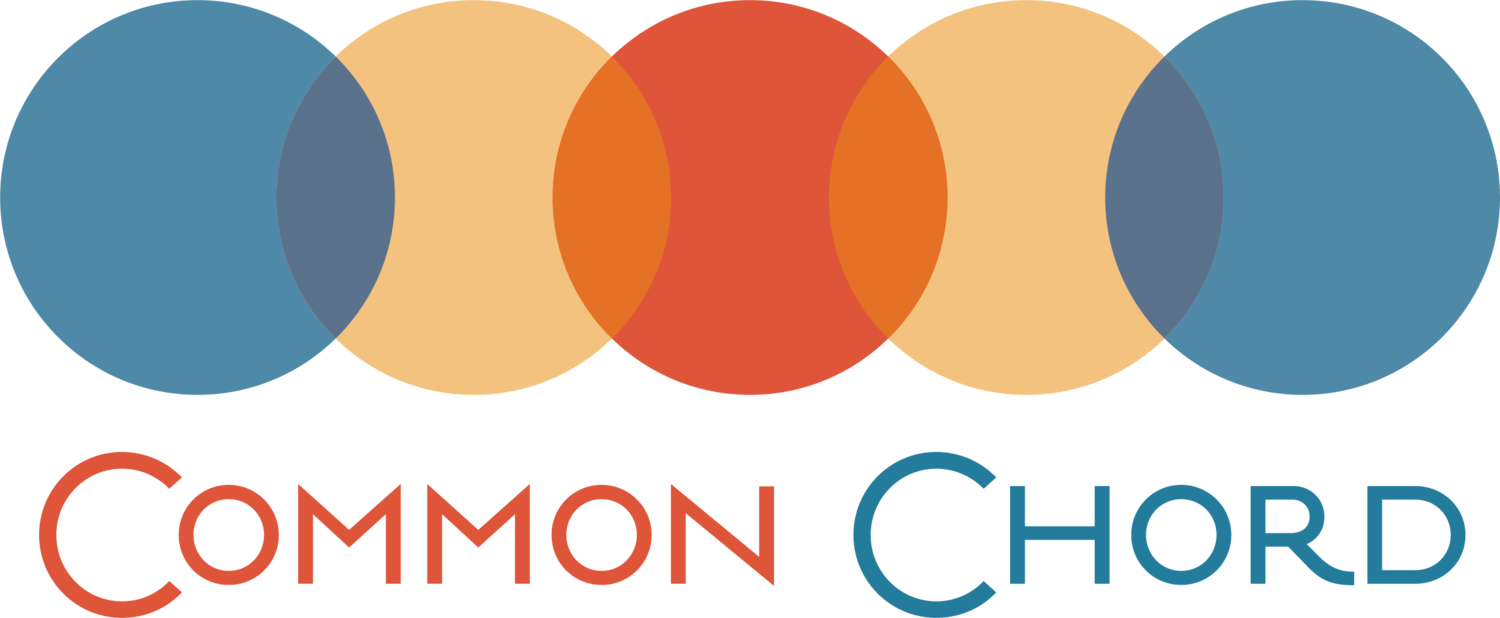Two Do’s And A Don’t For the Adoptive Families During the Holidays
I love holidays. I look forward to seeing my loved ones, sharing stories and eating, eating, eating. My family is the family that goes to the others. I live far from my chosen and extended family, so we are the ones on planes and trains and automobiles leading up to holidays. In fact I am on a plane as I write this. One of the arguably silly 50 million people traveling in the U.S. today. You would think I am a rookie to be traveling on the Wednesday before Thanksgiving.
This leads to my first “do” as a family. Do create rituals. This is especially important in adoptive families where belonging has added significance. Rituals make things predictable, and they also define important moments in our lives. Kids know what to expect and develop a series of evolving memories surrounding those rituals. Go to the same places. Eat the same foods. Play the same music and feature the same movies or games. Have distinct holiday experiences that help define your family and your family values.
Speaking of family values, the second “do” for this Thanksgiving holiday is…..do tell the awkward truth about Thanksgiving. It’s a holiday with a hard, horrible past and mainstream White American culture has done what we do. We brushed over the harm we did. We market Thanksgiving as a shared meal to celebrate cooperation, when my White forefathers were engaged in dishonest and cruel practices involving land stealing and ultimately, cultural annihilation. It is okay to talk to children about this. It is, in fact, powerful for them to know the truth. Talk about how Thanksgiving is a complicated holiday. That we do not celebrate the harm that was done, nor do we celebrate erasing history. But that we do value gathering, sharing of food, and pausing to feel and express gratitude. We also value truth-telling. As I started typing, I was going to write, “This is especially true for White parents raising children of color.” But then I stopped myself (sort of). This is important for all parents to name. White children need more practice understanding and talking about race and history. It starts at home. Holidays can be a reason to have these conversations AND still enjoy them.
Finally, the don’t for holidays as an adoptive family, would be don’t (or try not to) spend the entire gathering talking about how much all the biologically related relatives look alike. Or how much other children clearly inherited their personality traits and behaviors from their biologically related relatives. It is admittedly fun to see multigenerational patterns run in family. Please also be aware that large gatherings of biologically related family often remind adoptees that they either don’t know their biologically related families, or they are not with them. These conversations may also highlight that adoptees do not look like, or don’t share traits with their families. Hearing lots of conversation about others’ connections accidentally contributes to a sense of “other” ness for adoptees. As adoptive parents, we can’t control everything that is said at family gatherings. But we can be mindful of what we say and find ways to nudge, bump, point others in the same direction. We can also check in with our children before during and after a gathering to see what they would like for support- and then how it felt- from their perspective.
Having an awareness that holidays are often a trigger for adoptees to be reminded of loss in their lives is important in understanding their behavior. For more thoughts related to this topic, this last week we released a podcast interview with Mike Berry at Honestly Adoption. In that conversation we provide more tips and scripts to help adoptive parents, and ultimately, adoptees thrive during the holidays. I hope you will have a listen. I also hope you have wonderful holidays.
Thank you for connecting,
Dr. Laura Anderson
Dr. Laura S. Anderson specializes in educating and supporting families, as well as clinicians who support transracial adoptive families, across the globe to overcome barriers, derive strength from their differences, and thrive. She is a dynamic advocate for multiracial families and a strong advocate for supporting "third culture" children and families who may need support with the stressors associated with living out of their countries of origin and kids navigating gender and diversity.
Contact Dr. Anderson here.



